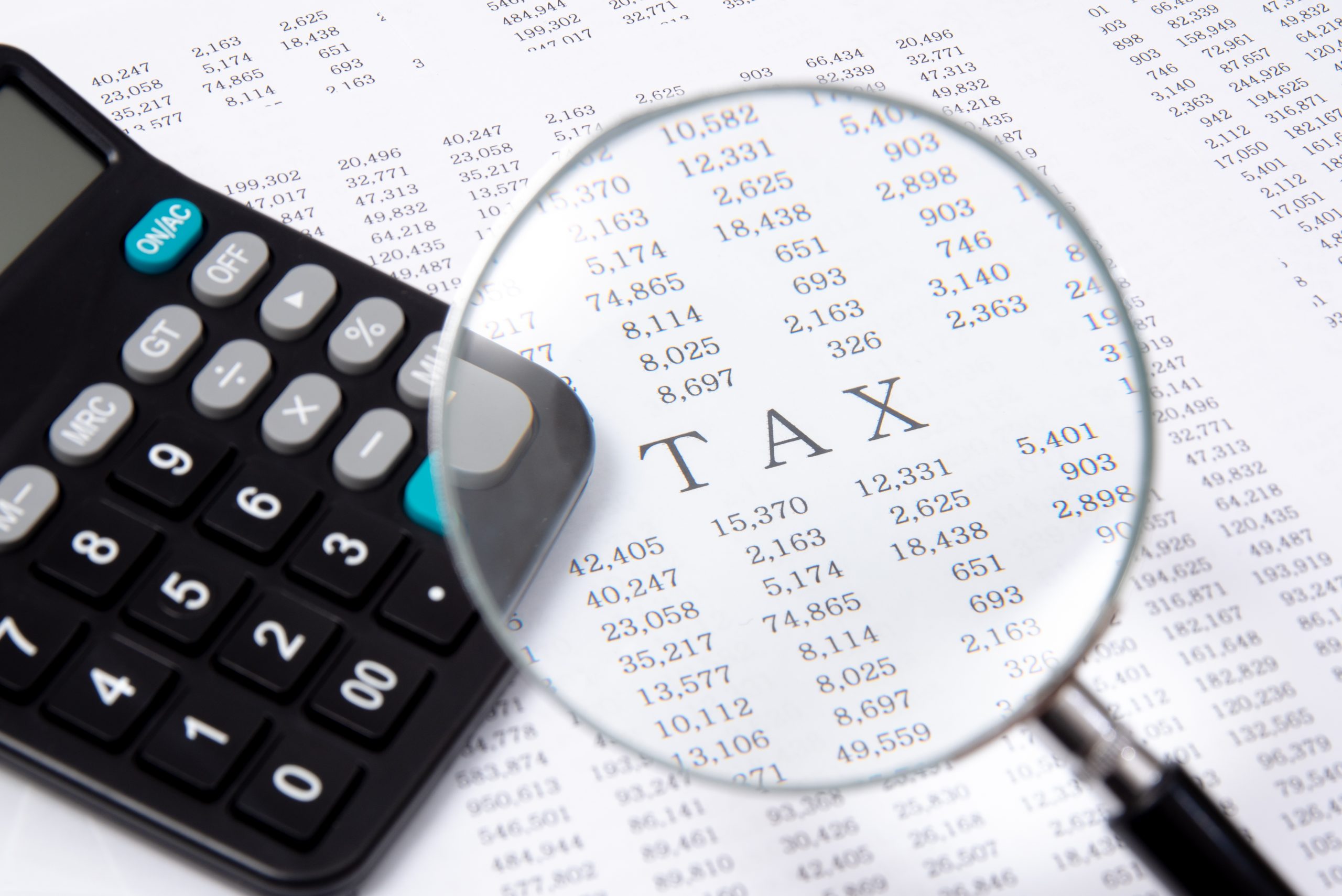
CBIC to scale up departmental audits to boost GST compliance
NEW DELHI : The Central Board of Indirect Taxes and Customs (CBIC) is set to scale up scrutiny and departmental audits of risky taxpayers to improve goods and services tax (GST) collections while using data and technology to ensure that officials make decisions transparently, chairman Vivek Johri said in an interview.
Johri anticipates the central government’s indirect tax revenue sources to undergo a shift, with green mobility picking up and fossil fuel consumption declining over time.
That would mean more services such as electric vehicle charging stations and service centres emerging as sources of GST collections, while an emphasis on tax compliance in domestic transactions and a wider tax base helps make up for the lower usage of fossil fuels for revenue collections.
In an interview, the CBIC chairman said that compliance improvement measures taken by the department are already showing in GST collections and that there is scope for augmenting revenue further by taking some more measures in GST.
CBIC, he said, was already focusing on those now.
“Apart from verifying that those who come into the tax base file their returns and pay their taxes, what we need to also look at now—and we have already started because it is very much part of any tax administration—is the need to scrutinize the returns properly to see that the data that has been turned in is valid and compares well with the financials which the business has reported. We will deal with this with scrutiny and audit,” said Johri.
He explained that these are the two limbs of CBIC’s compliance management strategy. States are also focusing on that, he said.
Currently, CBIC conducts scrutiny and departmental audits based on certain red flag reports raised by the system because of discrepancies. Now the effort is to make the scrutiny and departmental audit cases more systematic and structured based on risk parameters.
“We are also laying down the methodology of how that scrutiny needs to be done. That is, for a particular type of risk, what are the checks needed to be carried out, and we will mention that to the field officer. Likewise, we will pick up cases for audit,” explained Johri.
Scrutiny is different from audit, as an audit will examine the financials of assessees to see whether that is in agreement with what has been reported in the GST return.
“In this day and age, it goes without saying that it will be technology-driven,” Johri said, adding that the process will be data-driven and automated so that the officers who conduct scrutiny are given transparent inputs on what they need to check in the tax returns and what would be the possible risk areas.
Departmental audits have been there in the earlier excise duty and services tax regimes and even in the GST regime, but the effort now is to leverage the extensive data and the IT prowess that the tax authority has to make it more robust to widen the tax base.
The anti-evasion measures taken by central and state administrations have already helped improve GST collections. State administrations, too, are keen to adopt compliance enhancement measures with states’ GST compensation ending in June.
SOURCE: MINT
https://www.livemint.com/news/india/cbic-to-scale-up-departmental-audits-to-boost-gst-compliance-11644261411468.html


